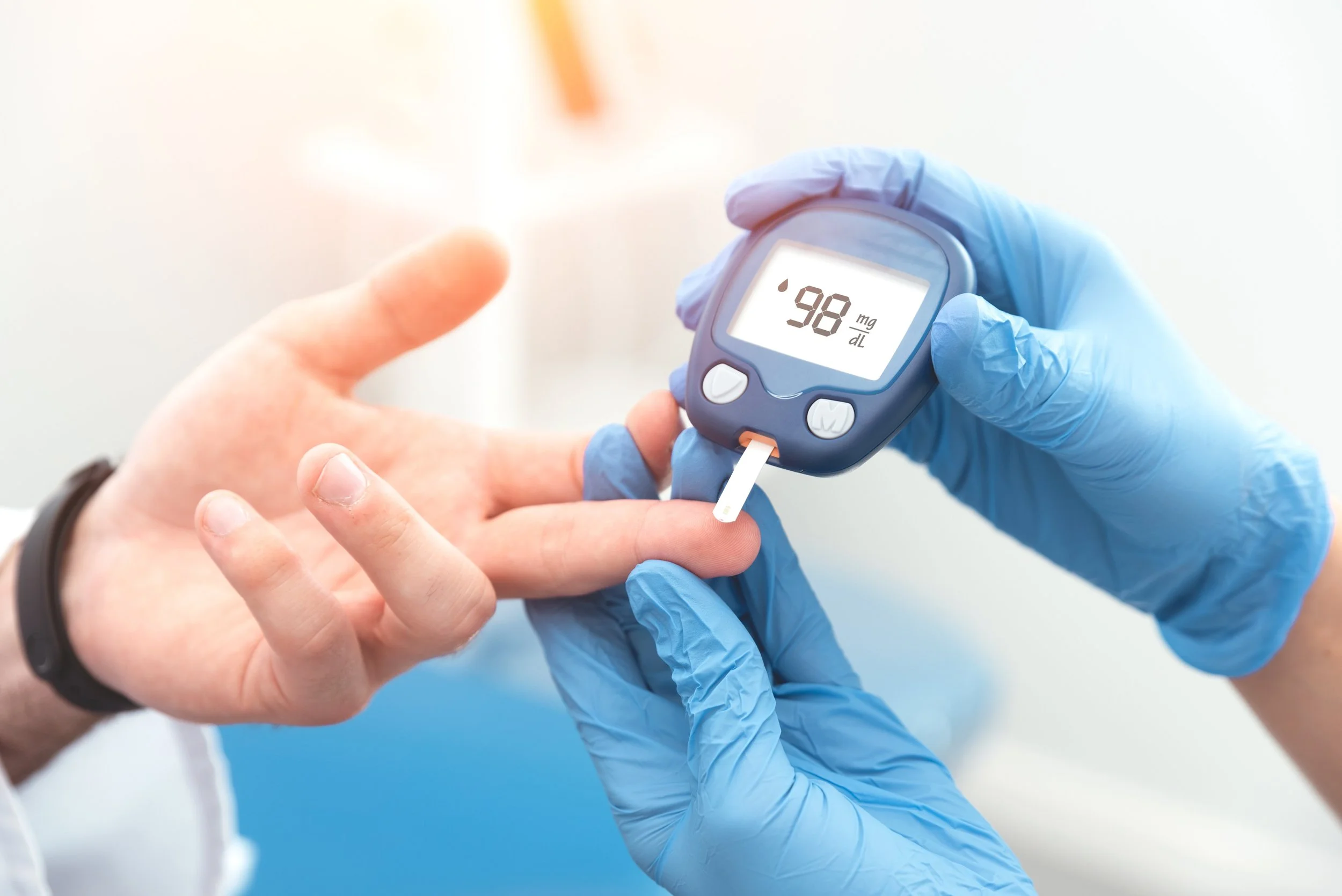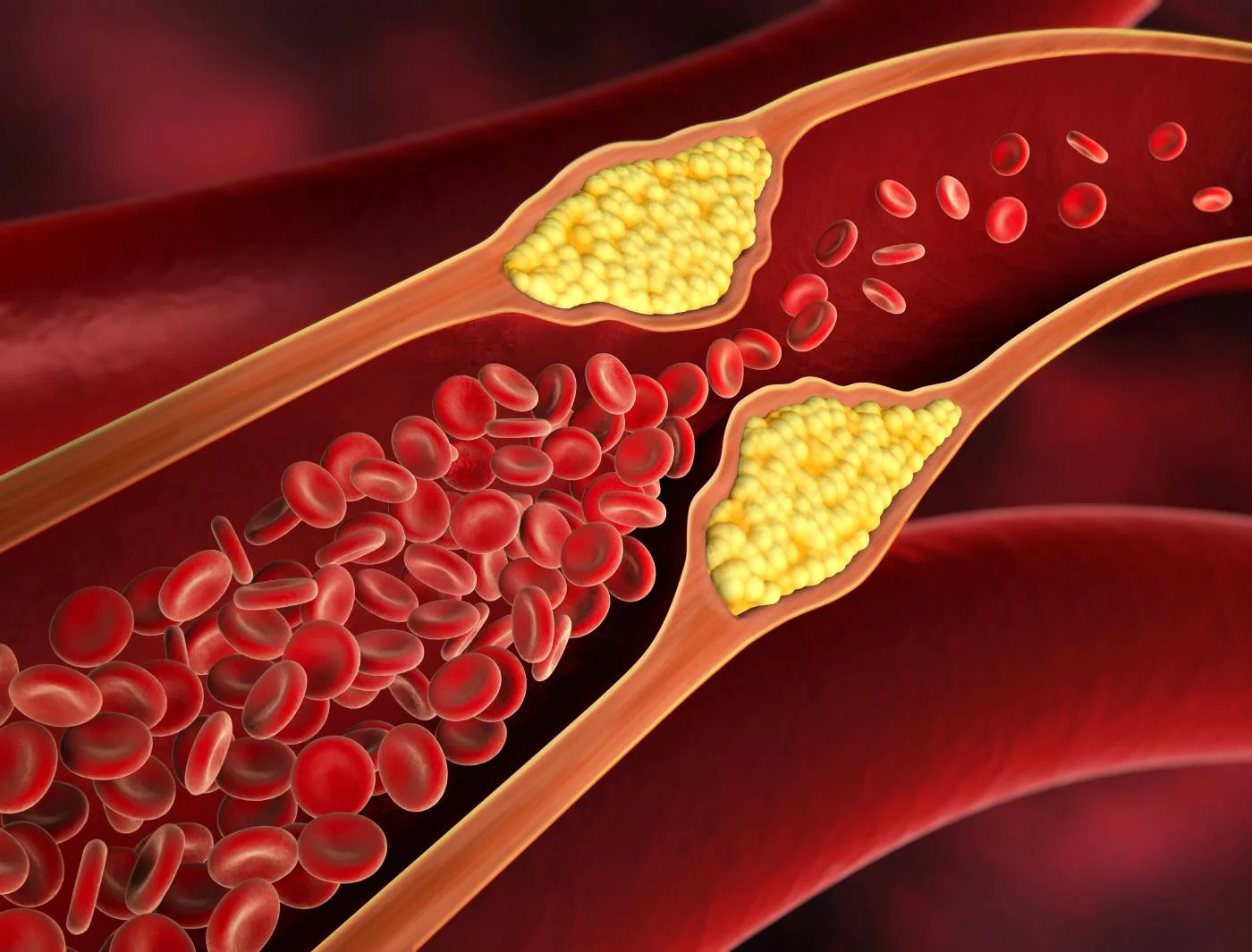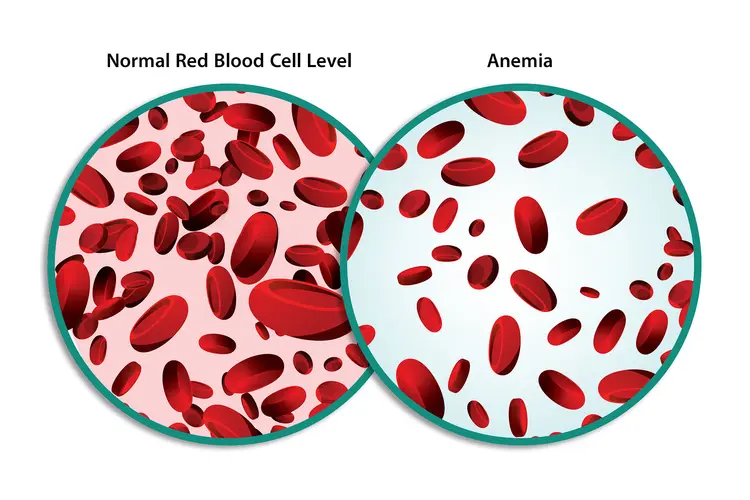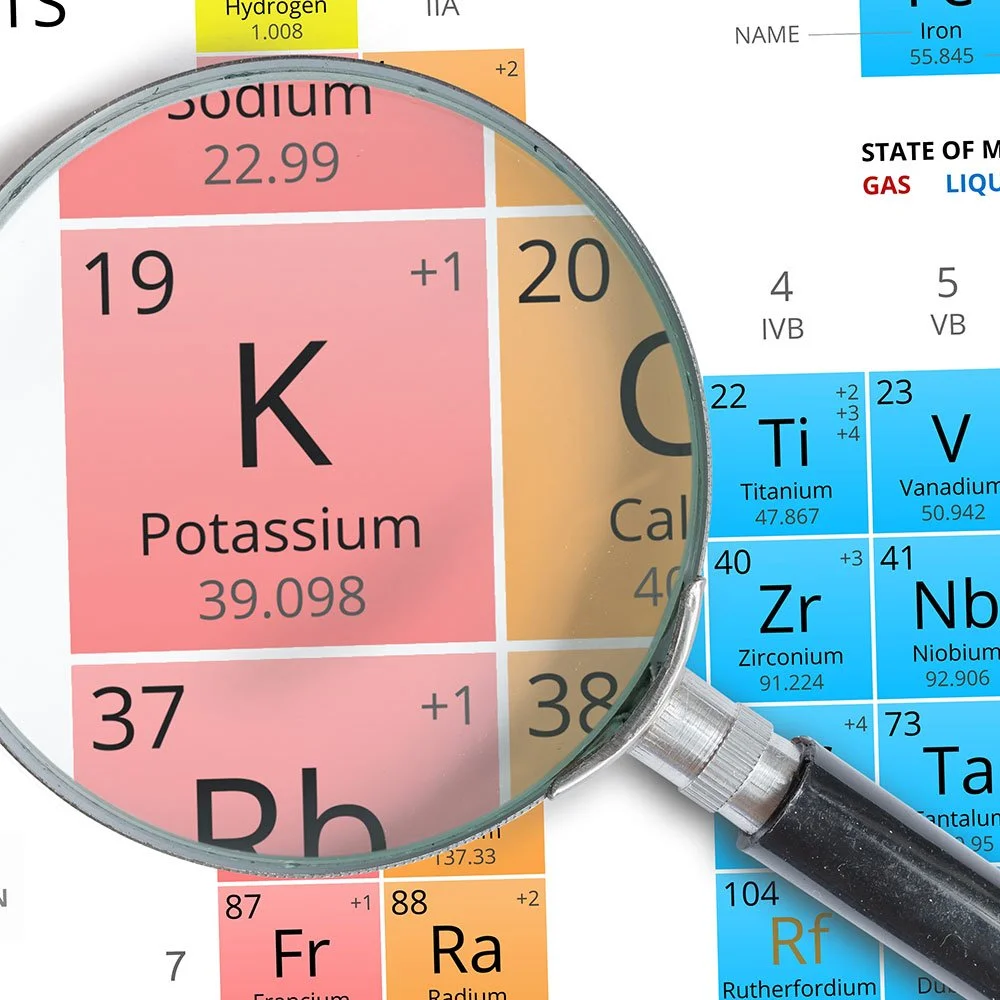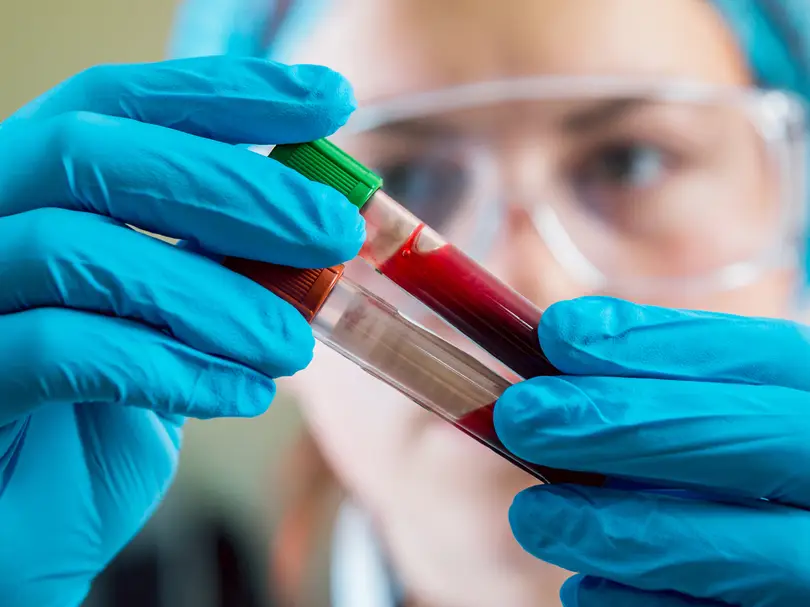
Medications
There are medications available that have been shown to prevent or slow down kidney damage if started early in the disease course.
These medications can also help prevent heart disease.
Angiotensin-converting enzyme (ACE) inhibitors / Angiotensin II Receptor Blockers (ARBs)
Primarily developed as a treatment for high blood pressure, these medications also decrease the pressure in the filtering units of the kidneys. If started early on in the disease course (for example in CKD Stages 1-3), they can prevent and slow down the progression of kidney disease from reaching more advanced stages.
Sodium-glucose Cotransporter-2 (SGLT2) Inhibitors
These medications were originally developed to treat high levels of blood sugar in people with diabetes, but have been shown to help slow the progression of CKD (even in people without diabetes!), as well as slow down the progression of heart disease.
Glucagon-like peptide-1 receptor agonists (GLP-1 RAs):
In people with diabetes, this medication helps with weight loss, slows worsening of protein leakage from the kidneys, and prevents heart disease.

There are also many medications that are used to treat other common diseases that can occur alongside CKD.
High Blood Pressure
How it relates to kidney health:
If you have high blood pressure, it is important to keep it under control to help your heart health and lower your chance of stroke, as well as to keep your kidneys healthy. There are medications available that will lower your blood pressure, reduce damage to your kidneys, and slow down kidney disease by reducing the amount of protein being filtered into the urine.
Common examples of medication types to treat the condition:
angiotensin- converting enzyme (ACE) inhibitors
angiotensin receptor blockers (ARBs)
beta-blockers
calcium-channel blockers
alpha-blockers
diuretics (water pills)
Diabetes
How it relates to kidney health:
If left uncontrolled, diabetes can cause damage to the blood vessels and filtering units* in the kidneys, leading to CKD. Medications are one tool that can be used to lower blood sugar levels and help control diabetes and improve kidney health.
Common examples of medication types to treat the condition:
SGLT2 inhibitors
GLP-1 RAs
Insulin
DPP-4 inhibitors
Sulfonylureas
Cholesterol
How it relates to kidney health:
For people with high cholesterol, medications can help lower cholesterol levels, in turn lowering the risk of developing heart disease – a common condition that can place stress on the kidneys.
Common examples of medication types to treat the condition:
Statins
Fibrates
Antilipemic agent
Monoclonal Antibodies
Swelling and excess salt and water in the body
How it relates to kidney health:
These medications help the kidneys get rid of extra salt and water, which, if left untreated, can cause high blood pressure, swelling, or in serious cases, difficulty breathing.
Common examples of medication types to treat the condition:
Thiazide and thiazide-like diuretics
Loop diuretics
Potassium sparing diuretics
Anemia (low blood cell count)
How it relates to kidney health:
One of the conditions resulting from poor kidney function is called anemia. Anemia can happen when the kidneys do not make enough erythropoietin – which is a hormone needed to make red blood cells. This can leave the body feeling tired and weak. Medications for anemia can help the body make more red blood cells.
Common examples of medication types to treat the condition:
Erythropoietin
Darbepoetin
Hyperkalemia (High potassium)
How it relates to kidney health:
Another condition related to declining kidney function is hyperkalemia – which happens when there is a build-up of potassium in the blood. This is common in people with advanced CKD since the kidneys are not able to excrete excess potassium. This build-up can also be partially caused by other medications such as those treating high blood pressure.
Common examples of medication types to treat the condition:
Potassium Binders
Metabolic Acidosis (too much acid in the blood)
How it relates to kidney health:
As kidney function declines, the acid/base balance in the blood may get disrupted, leading to increased levels of acid in the body, which can negatively affect the bones, muscle strength, as well as speed up decline of kidney function.
Common examples of medication types to treat the condition:
Sodium bicarbonate

There are also a number of medications that should be avoided by people who have CKD because they can cause kidney damage and speed up progression of the disease.
Non-steroidal anti-inflammatories (NSAIDs)
Why it is important to avoid:
Non-steroidal anti-inflammatories are a class of medication that can damage the kidneys, in turn increasing blood pressure and water retention.
Medication Examples:
Non-steroidal anti-inflammatories (NSAIDs) in doses over 325 mg per day, such as:
ibuprofen (Advil®, Motrin®),
naproxen (Aleve®), or
Acetylsalicylic acid (ASA®, Aspirin® or Entrophen®)
Oral decongestants
Why it is important to avoid:
Oral decongestant (check the label) can cause an increase in blood pressure. If a cold medication lists multiple ingredients, be careful to review the list closely. If you have diabetes, be aware that many of them contain sugar.
Medication Examples:
Oral decongestants such as:
pseudoephedrine (Sudafed®) or
phenylephrine,
Cold medications that have multiple ingredients:
Robitussin Cough & Cold®,
Benylin Cough & Cold®, or
Tylenol Cough & Cold®
Antacids
Why it is important to avoid:
Your kidneys may not be able to get rid of the extra aluminum, magnesium and sodium - A build-up of these may cause unwanted effects, including an increase in blood pressure.
Medication Examples:
Antacids that contain aluminum, magnesium
Maalox®,
Mylanta®,
Gaviscon®
or sodium
Alka-Seltzer®
Laxatives
Why it is important to avoid:
Your kidneys may not be able to get rid of the extra magnesium or phosphate that laxatives contain. Additionally, the resulting diarrhea and dehydration from the laxatives may harm the kidneys.
Medication Examples:
Laxatives that have magnesium or phosphate:
Milk of Magnesia®,
Fleet Enema® or
Oral Fleet®
Bismuth subsalicylate
Why it is important to avoid:
Pepto-bismol contains salicylic acid which may harm your kidneys.
Medication Examples:
Pepto-Bismol®


